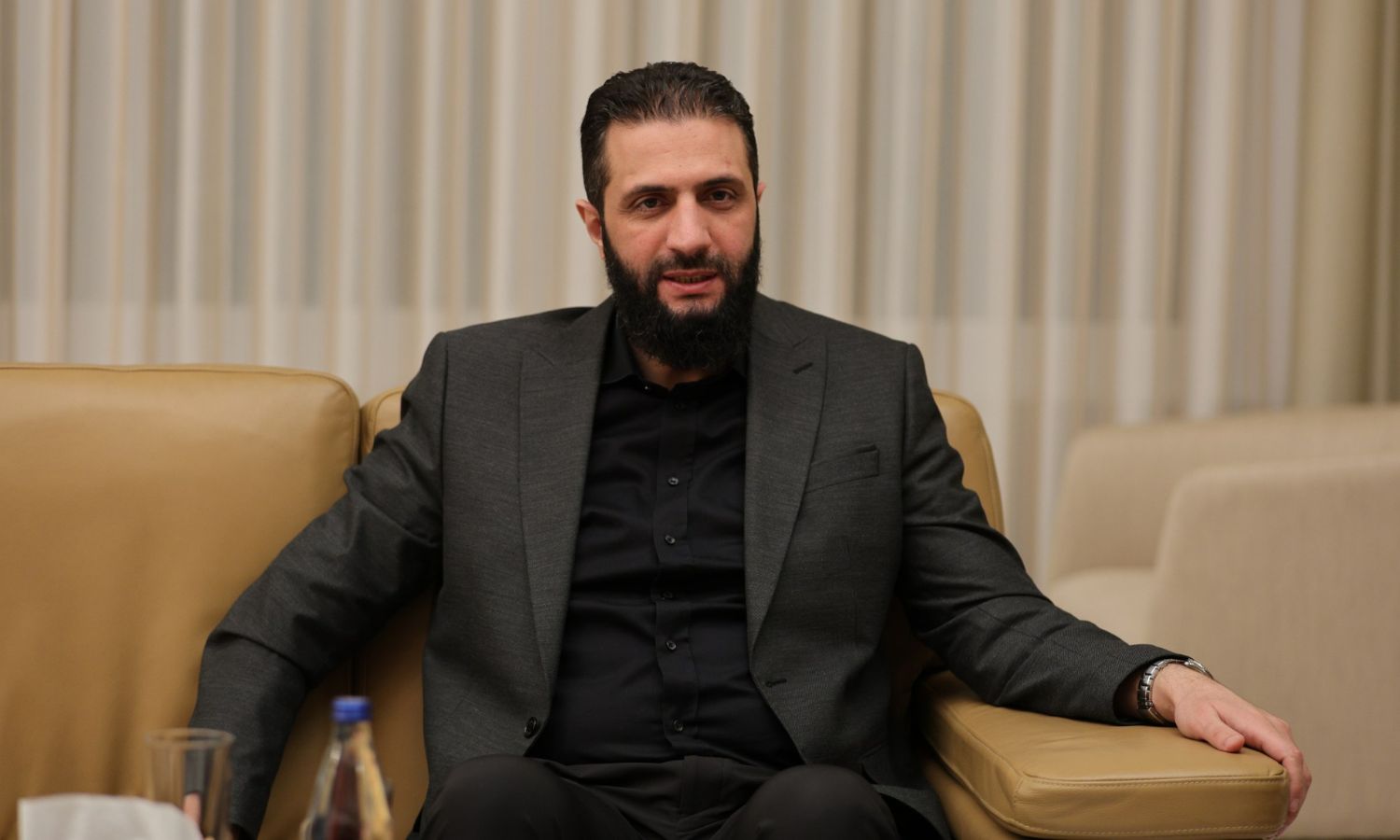Four months after the fall of Bashar al-Assad’s regime, Syria’s new president, Ahmad al-Sharaa, is navigating a precarious path between international diplomacy and domestic instability. A former rebel commander and onetime jihadist, Sharaa now presides over a fractured nation emerging from nearly 14 years of civil war, where the promise of renewal is shadowed by deep insecurity and geopolitical pressure.
In an interview with The New York Times, Sharaa made a direct appeal to the international community for financial aid, military support, and the lifting of sanctions, describing Syria’s stability as a global concern. “Any chaos in Syria will damage not just neighboring countries but the whole world,” he warned.
To address the country’s collapsing economy, Sharaa has sought assistance from Gulf states such as Saudi Arabia and Qatar, and is renegotiating military cooperation agreements with Turkey and Russia. Despite Russia’s past support for Assad, Sharaa emphasized the enduring strategic link, stating, “Syria’s weapons are entirely Russian.”
But his government faces steep conditions from the United States. In March, American and European officials presented Syria with a list of eight confidence-building demands in exchange for easing sanctions and potentially suspending the Caesar Act. Delivered by U.S. diplomat Natasha Franceschi, the demands include:
-
Building a professional national army and removing foreign fighters from leadership roles
-
Granting full access to chemical weapons sites
-
Investigating the fate of missing Americans, including journalist Austin Tice
-
Repatriating ISIS fighters’ families from al-Hol camp
-
Cooperating with the U.S.-led coalition against ISIS
-
Allowing U.S. counterterrorism operations within Syria
-
Banning Palestinian militias and political activities
-
Halting Iranian military entrenchment and designating the IRGC as a terrorist group
These conditions have placed Sharaa in a political bind. Fulfilling them could secure much-needed international support, but risks alienating hardline factions that helped overthrow Assad. One of the most contentious demands — banning Palestinian political activity and deporting its members — has raised Syrian sovereignty concerns.
Nevertheless, Damascus has already made some gestures of compliance. Sharaa received the first post-Assad visit by the Organisation for the Prohibition of Chemical Weapons (OPCW) in February, identifying over 100 additional suspected chemical sites. The Syrian government has also scaled back Palestinian political activity, boosted coordination with the U.S.-backed Syrian Democratic Forces (SDF), and signed a “paper of principles” with SDF commander Mazloum Abdi in March.
Yet peace remains tenuous. A devastating sectarian massacre in March that killed more than 1,600 Alawite civilians revealed the government’s lack of control over armed elements from the former rebel coalition and exposed the fragility of the emerging Syrian military. Sharaa acknowledged the challenges of unifying a fragmented force: “A few months is not enough to build a national army. This in itself poses a huge challenge.”
Despite these hurdles, Sharaa maintains that his government is committed to ensuring Syria does not become a staging ground for regional aggression. He has also suggested that foreign fighters who have long resided in Syria could be naturalized — a proposal that may further complicate efforts to win Western trust.
As the U.S. begins to reduce its military presence in Syria and considers suspending certain sanctions, the fate of Syria’s transition hinges on Sharaa’s ability to reconcile external demands with internal realities. The road ahead is uncertain, but one thing is clear: Syria’s future will depend not only on Sharaa’s political acumen but on the willingness of global powers to re-engage a deeply scarred nation.


